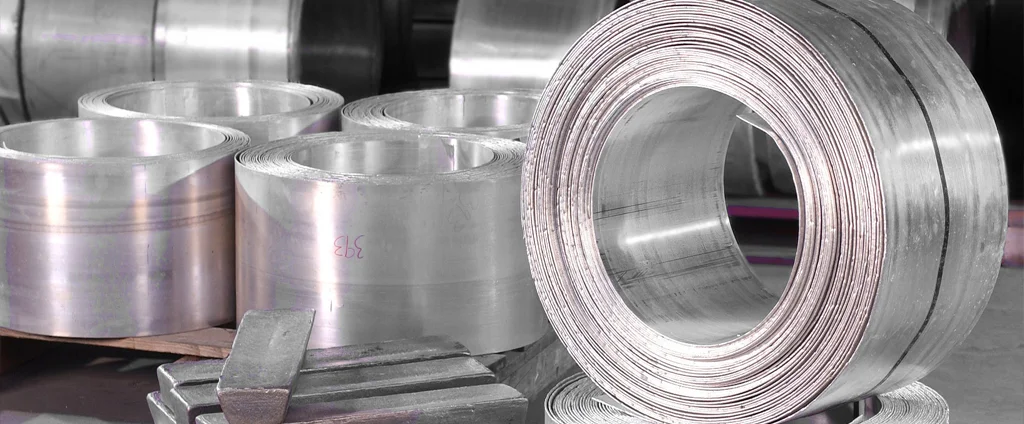Magnesium AS41A-F Die Cast (UNS S45000)

AS41A-F is a die-cast magnesium alloy known for its high strength, low density, and superior creep resistance. Its favorable combination of mechanical and thermal properties makes it well-suited for demanding applications in automotive, aerospace, electronics, and medical industries.
| Chemical Composition | ||
|---|---|---|
| Element | Min | Max |
| Magnesium | —— | Remainder |
| Aluminum | 3.5% | 5.0% |
| Copper | —— | 0.06% |
| Manganese | 0.2% | 0.5% |
| Nickel | —— | 0.03% |
| Silicon | 0.5% | 1.5% |
| Zinc | —— | 0.12% |
The following table provides a list of magnesium AS41A-F properties in both SI and US customary/Imperial units.
Click on the button to switch between Metric and Imperial units.
| Physical Properties | Metric |
|---|---|
| Density | 1776 kg/m3 |
| Mechanical Properties | Metric |
| Tensile Strength (Ultimate) | 214 MPa |
| Tensile Strength (Yield) | 138 MPa |
| Young’s Modulus (E) | 45 GPa |
| Shear Modulus (G) | 17 GPa |
| Elongation at Break in 50 mm | 6 - 15% |
| Poisson’s Ratio (ν) | 0.35 |
| Brinell Hardness 500 kg load, 10 mm ball | 60 |
| Thermal Properties | Metric |
| Melting Point | 570 - 615 °C |
| Solidus | 570 °C |
| Liquidus | 620 °C |
| Thermal Conductivity | 68 W/m·K |
| Specific Heat Capacity (Cp) | 1010 J/kg·K |
| Coefficient of Thermal Expansion (αL) | 26.1 1/°C |
| Heat of Fusion | 413 J/g |
The values in this table are approximate and can vary depending on various factors such as the specific manufacturing process and heat treatment applied to the alloy.
Advantages & Disadvantages of Magnesium AS41A-F
| Advantages | Disadvantages |
|---|---|
| Lightweight | Corrosion-prone |
| Strong | High cost |
| Durable | Difficult to machine |
| Good creep resistance | Limited availability |
Applications of Magnesium AS41A-F
AS41A-F is widely used across industries due to its strength, lightweight nature, and good corrosion resistance. Typical applications include:
- Automotive structural parts: Ideal for components such as engine blocks, transmission housings, and suspension parts due to its strength, lightweight, and creep resistance.
- Electrical connectors: Suitable for automotive, industrial, and consumer electronics thanks to its excellent electrical conductivity.
- Electronic housings: Used in products like computers, smartphones, and televisions for its lightweight and high thermal conductivity.
- Sporting goods: Applied in golf clubs, tennis rackets, and bicycles owing to its strength, low weight, and corrosion resistance.
- Medical devices: Used for implants, surgical instruments, and diagnostic equipment due to its biocompatibility and corrosion resistance.
